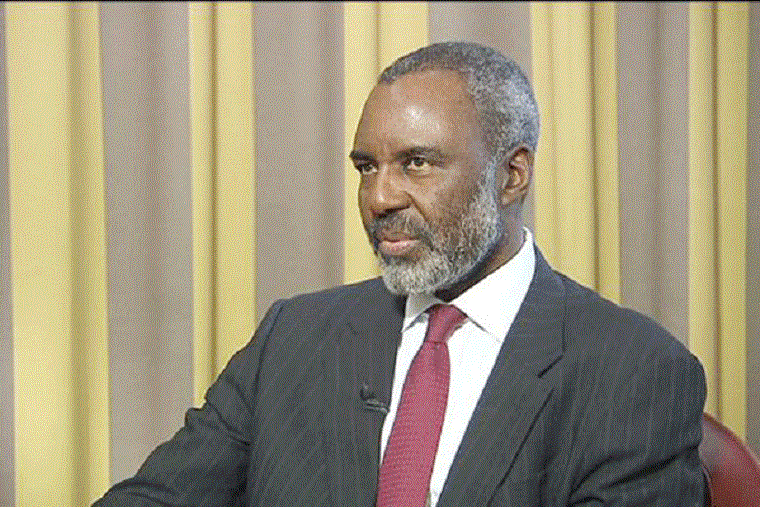In 2000, after the ruling ZANU-PF party had been shocked by the opposition at elections, the ruling party went through some soul searching.
Just five years earlier, ZANU-PF had won 118 of the 120 seats on offer.
Now, in just its first election, the Movement for Democratic Change had grabbed virtually half of ZANU-PF’s seats, leaving a party so used to dominance with just five more seats than this upstart rival.
Inside ZANU-PF, the inquest began.
The ZANU-PF central committee set up a “reform subcommittee,” tasked to look at why the party had done so badly and, more importantly, what it needed to do to win back voters.
The committee comprised mostly junior members of the party, among them Patrick Chinamasa, David Parirenyatwa and Jonathan Moyo.
One of the recommendations was that the party needed reform and a way to mend the economy fast.
To do this, technocrats would need to be brought into government; new, untainted nice guys to help do the job.
Nkosana Moyo had just returned from Tanzania, where he had been heading Standard Chartered Bank.
He wrote articles in the Financial Gazette, urging reform.
As he tells it, President Robert Mugabe liked the articles, and Moyo soon got the call to join the government.
“The President told me that it was through those articles that he figured that if there was an opportunity to serve my country, I would take the opportunity, and that is what I did,” Moyo said this week.
Mugabe was doing what he had never done before, and what he has never done since; bending to the so-called reformists in his party.
On a Saturday night in 2000, Mugabe addressed reporters at State House, telling them he was appointing a Cabinet that would bring “new thinking.”
Ten of the 17 ministers announced that evening were new.
Long serving stalwarts, among them Emmerson Mnangagwa and Eddison Zvobgo, were out.
In were the likes of Joseph Made, who had been heading ARDA and was then regarded as a technocrat, a laughable notion now with the benefit of hindsight.
Continued next page
(455 VIEWS)
